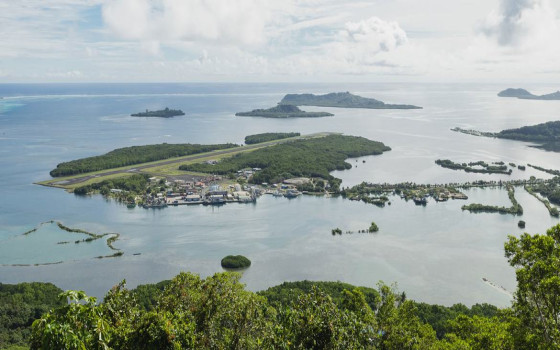
On the confrontation line with climate change: An international conference discusses a bold action plan to support the small, developing island countries

- Europe and Arabs
- Friday , 24 May 2024 13:10 PM GMT
New York: Europe and Arabs
The leaders of the small island states from all over the world meet on the beaches of Antigua and Berboda in the Caribbean Sea region between 27 and 30 May to present a new bold bold action plan aimed at building the ability to withstand the way to achieving the sustainable development goals of 2030. According to Maja in The daily news bulletin of the United Nations, which we received a copy this morning
The Fourth International Conference of the Small Island Developing Countries (SIDS4) brings together governments, the United Nations, civil society, the private sector and youth to turn new ideas into actions, and come up with new pledges to support and discuss the main challenges waving in front of that group of small countries.
The number of small developing island countries is 39 countries, including Antigua and Barbuda, which hosts the conference, and Vanuato in the South Pacific, which was recognized as a special case for support during the 1992 United Nations Conference on the United Nations Conference, known as the first earth summit that changed the rules of the game.
These countries are located in some areas most vulnerable to disasters in the world, and are highly vulnerable to sea level rise, climate shocks and natural disasters. These countries also have small local markets that are vulnerable to shocks and economic shrinkage.
Other challenges include rapid population growth that imposes pressure on basic services and job availability, while they are literally on the confrontation line with climate change and vulnerable to environmental fragility.
Many small island countries lack enough flexibility to deal with the increasing natural disasters, which is perceived by the people of Antigua and Perboda completely because it suffered from the devastating effect of Erma and Maria hurricanes, which struck the Caribbean Sea in 2017.
Shocks destroy the economy
In an interview with United Nations news, Gaston Brown, Prime Minister of Antigua and Berboda, said that these shocks were among the worst external shocks, which "literally destroy our economies and harm our infrastructure, our buildings and our homes."
He stressed that global cooperation to reduce global warming is necessary if small island countries want to survive in the coming decades.
Other common challenges facing these group of countries include high import and export costs, limited natural resources, much higher population density than the global average, height of debt, and low -cost borrowing access.
In 2014, the small, developing island countries met and agreed on the path of Samoa's action, to expand the United Nations Office for the lowest developed countries and non -coastal developing countries to include the developing small island countries.
New plan
Undersecretary of the Secretary -General of the United Nations and the United Nations High Representative for the Less Development Countries, non -coastal developing countries and small, developing island countries. Sustainable.
It shed light on the already reached the compatibility on a work program that the representatives of state will carry to their capitals when they leave Antigua and Perboda after the conference ended.
This new plan will determine the aspirations of sustainable development of small island countries in the next decade.
"Promoting prosperity collectively"
"We are going there to renew our commitment to enhance the ability to withstand and collectively," the UN official, who is also a special adviser to the fourth international conference of the developing small island countries.
She stressed that there is a need for everyone's cooperation, "Hence, non -governmental organizations, civil society, government and the private sector, all of them have a role they play."
She said that the new strategy will help build resilience, expand climate work, generalize disaster risk reduction, support safe and healthy societies, enhance science, technology, innovation and digitization; Increased prosperity, employment, equality, inclusion, and building partnerships.
To do this, there must be more support by the international community.


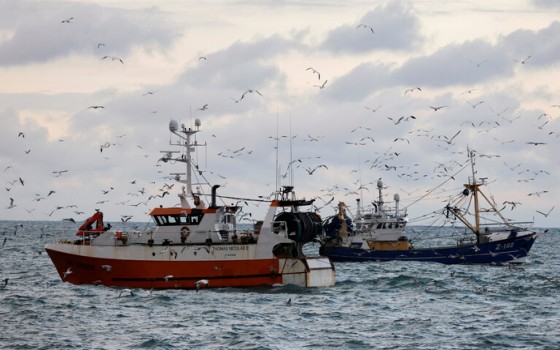

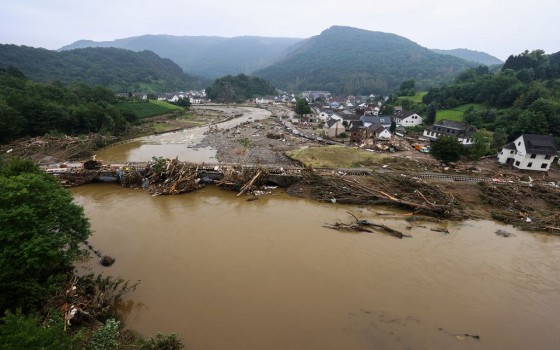
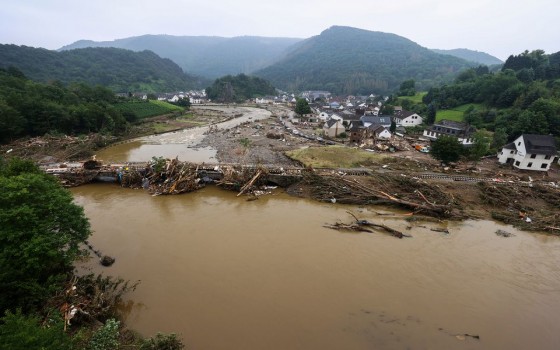


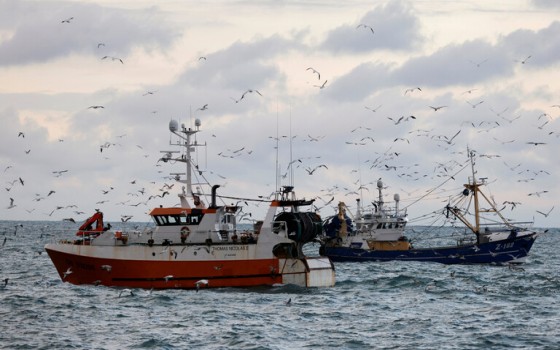



No Comments Found